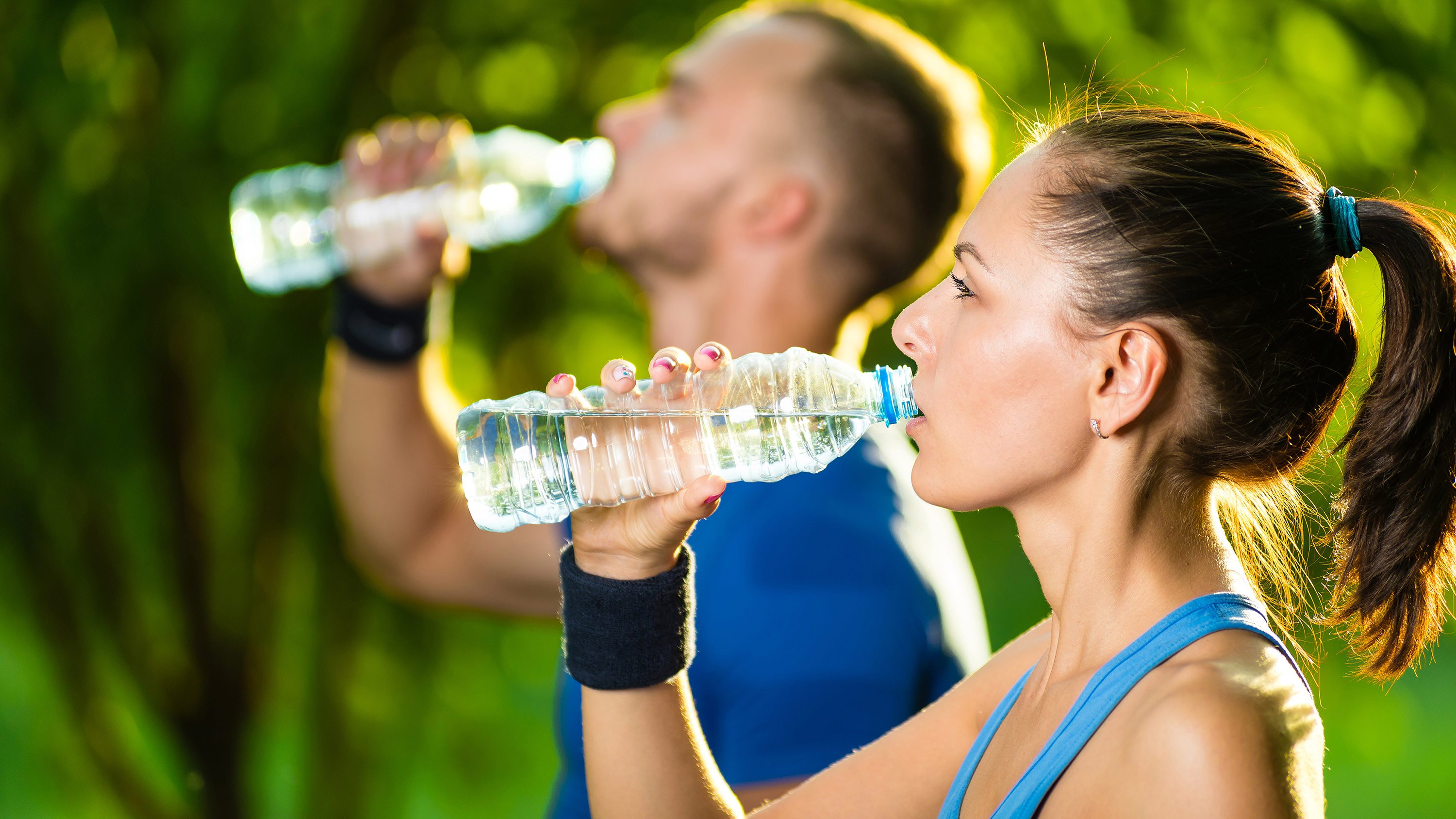
You should not overlook your water intake if you are hellbent on achieving your fitness objectives and putting your best foot forward in a workout with all your might. The capacity to perform at one’s best during a workout may deteriorate if one does not drink enough water.
The state of one’s hydration has a significant impact on both physical and mental function, and sports performance suffers as a result. Both overhydration and underhydration, if severe enough, will impair performance and constitute a health risk.
What indicators should you look for if you’re not getting enough fluids? If you work out hard without drinking enough water, you may feel weary, dizzy, have a dry mouth or lips.
“While working out, we tend to lose water and body salts through lots of sweat; this can further cause dehydration that affects our health. So if you have been exercising religiously on a daily basis, you must know how much water you should really drink during your workout session,” says Mukul Nagpaul. He is the Fit India Movement Ambassador and Founder of Pmftraining.
According to Harvard Health, most adults should drink four to six cups of fluid per day. The American Council on Exercise suggests that you drink the following when exercising:
Water In-take and workout
- 2 to 3 hours before working out, drink 17 to 20 ounces (500 to 600ml) of fluid
- Drink an additional 8 ounces (230ml) 20 to 30 minutes before beginning your activity.
- During exercise, drink seven to ten ounces (300ml) every 10 to 20 minutes.
- After a workout, 8 ounces (230ml)
While these are broad guidelines, each individual is unique. Water consumption varies depending on your body type, weight, gender, external temperature, and how you breathe and sweat.
“Whether you’re participating in a one-hour HIIT class or full-blown marathon, it’s important to stay hydrated throughout the workout. Be sure to prepare during the day by drinking the daily recommended amount of water and fuelling your muscles after with another glass or two. If you really don’t want to sip in class, you can probably skip it only if you’ve been hydrating steadily throughout the day and aren’t feeling thirsty in class,” says Nagpaul.
“If you are uncertain about how much water you should drink per day or while exercising, speak with your doctor. He or she will be able to provide more specific guidelines,” says the expert.






